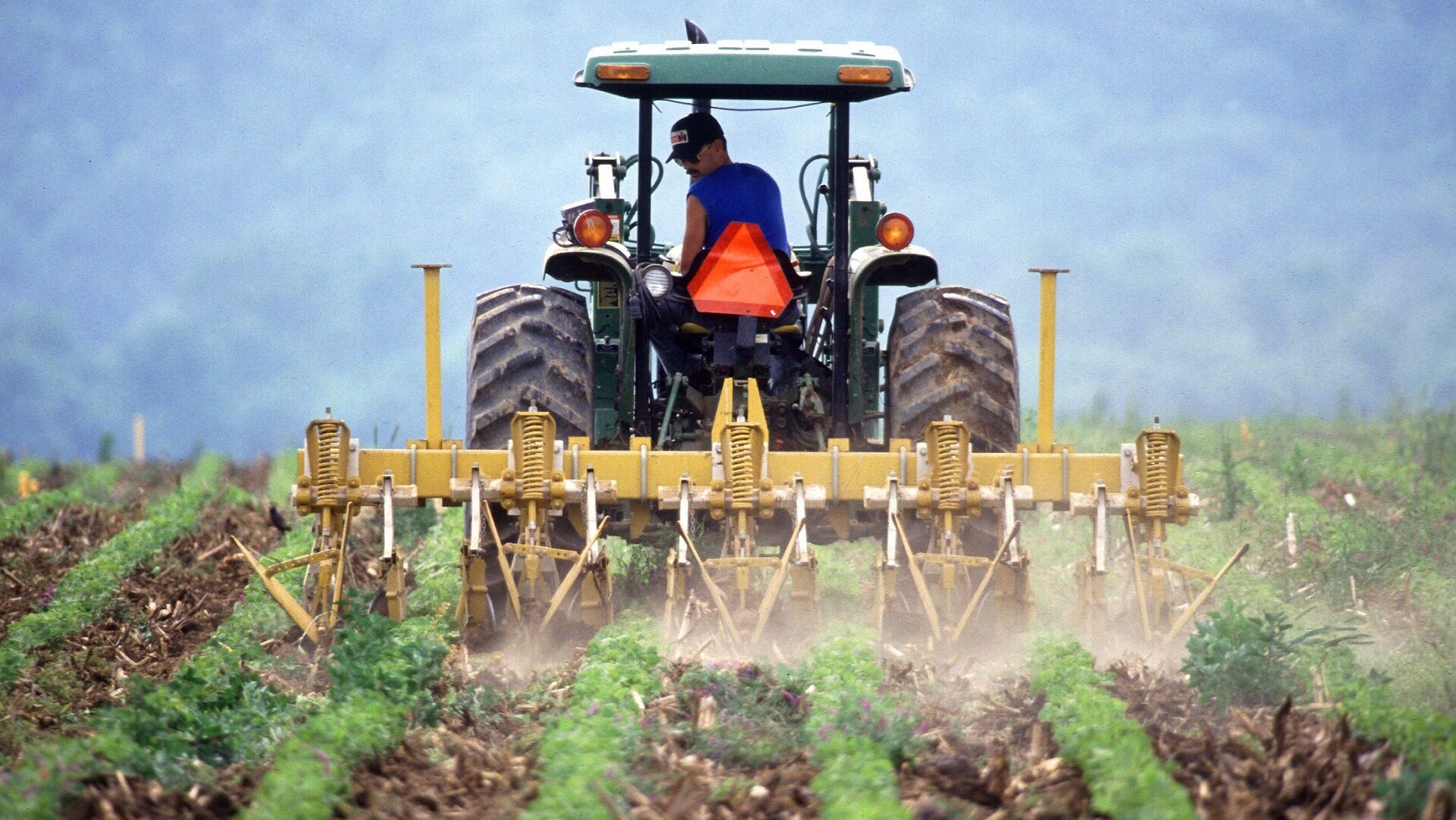
Following EU-wide protests by farmers and a looming populist backlash in the voting booth, the European Commission, facing pressure from national governments to act, is expected to unveil a legislative proposal that would outline more ‘realistic’ environmental requirements.
The measures, leaked earlier this week to Politico, include removing the requirement for farmers receiving CAP (Common Agricultural Policy) subsidies to set aside some of their land for biodiversity, minimize tillage, and rotate crops between seasons to prevent nutrient loss.
While farmers are still financially rewarded for maintaining these practices, those who do not would face no penalties.
In the draft measures, the Commission argues that they will allow farmers to meet the CAP’s environmental objectives in a “more realistic” way and says Brussels’ vision of a ‘climate-neutral’ Europe by 2050 very much remains a policy pillar.
Earlier this week, EU Climate Commissioner Wopke Hoekstra said the bloc would even accelerate its efforts no matter the outcome of June’s election to the European Parliament—an implicit acknowledgment that the current measures are meant to limit the electoral ‘damage’ as rightist populist parties are expected to make enormous gains.
Climate alarmists are already up in arms over Brussels’ concessions, attacking the Commission for having taken into account public sentiment.
Ahead of the unveiling of the measures, Agriculture Commissioner Janusz Wojciechowski was quick to tell the Polish media the ideas came from him. “The main concerns of farmers about these green elements of the reform of the Common Agricultural Policy are now removed,” he said.
Another farmers’ concern, the influx of duty-free Ukrainian imports under a 2022 special deal following Russia’s invasion, was addressed by the EU Parliament on Wednesday. At a plenary session, a narrow majority (296 in favor, 270 against, 12 abstentions) of lawmakers voted to restrict wheat, barley, oats, maize, eggs, poultry, sugar, and honey products from Ukraine, capping them at 2022-2023 levels.
The limits were introduced at the initiative of Ag Commissioner Wojciechowski with the assistance of other eastern EU governments, led by his native Poland, whose farmers have been hit the hardest by cheap Ukrainian food imports.
As Ukraine’s economy is heavily dependent on the export of its foodstuffs, European capitals not affected by the cheap imports are voicing their anger over the decision, accusing MEPs of pandering to farmers and voters sympathetic to their cause.
The vote has complicated the passage of a one-year extension to Kyiv’s duty-free status, as it must now undergo another round of negotiations between the three EU branches—the Commission, the Council, and the Parliament.
According to diplomats and lawmakers, these talks have been slated for March 19th, two days before EU leaders are to hold a summit in Brussels.
